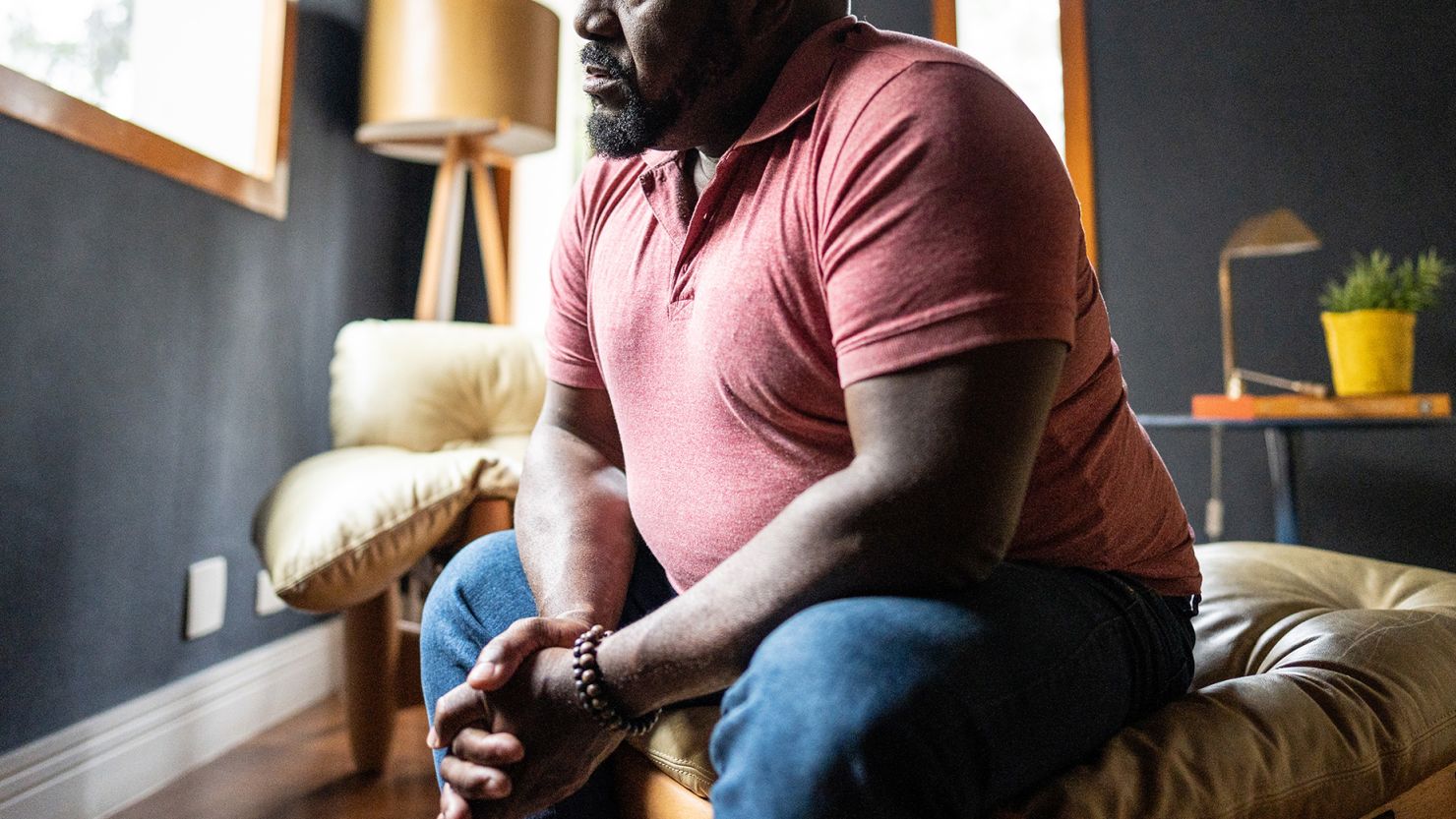Get inspired by a weekly roundup on living well, made simple.?Sign up for CNN’s Life, But Better newsletter for information and tools designed to improve your well-being.
Just like women, men undergo significant hormonal changes as they age, especially in their testosterone levels. Understanding “male menopause” is key to maintaining health and vitality in the coming years.
The role of testosterone
Testosterone, which is vital for the development of male sexual characteristics, increases and then decreases naturally with age. Testosterone production surges during puberty and can rise incrementally up to the age of 30. Levels may start to decrease at a rate of 1% a year after 30. By age 70, some men may experience up to a 50% reduction in testosterone levels compared with when the numbers were at peak levels.
Testosterone affects men and women differently due to its varied levels and roles across sexes. In men, where it’s a primary hormone, its age-related decline significantly affects sexual function and physical traits. Women, with naturally lower testosterone, experience milder effects from its decrease, as their bodies adapt to hormonal changes during life events such as menstruation and menopause. Despite lower levels, testosterone in women is vital for bone health, muscle maintenance and energy.
Facing the reality of male menopause
Male menopause, or andropause, isn’t just a myth. About 2 in 10 men over the age of 60 suffer from low testosterone levels, according to the American Urological Association. This number increases to 3 in 10 men in their 70s and 80s. Symptoms such as reduced libido, fatigue, mood changes, erectile dysfunction and physical changes can significantly affect quality of life.
A resolution for health checks
The new year is an ideal time for a health checkup. If you’re over 40 and experiencing symptoms such as low energy or decreased sexual desire, consider getting your testosterone levels checked. Only about 5% of men with low testosterone receive treatment, according to a 2018 study by the New England Research Institutes.?This low figure is mostly because most men don’t get annual screenings, leading to undertreatment and underdiagnosis of essential health conditions.
Treatment for low testosterone, also known as testosterone replacement therapy, or TRT, is meant to improve symptoms such as low libido, fatigue and decreased muscle mass. Topical gels and creams are applied to the skin, ensuring steady hormone levels but require caution to prevent skin-to-skin transfer. Testosterone injections, administered every few weeks, are effective but can cause hormone level fluctuations. Patches provide a daily, consistent dose and are an alternative for those who prefer not to use gels or injections. Testosterone pellets, implanted under the skin, offer a long-term solution, releasing consistent doses over several months. New oral testosterone medications have also recently entered the market as an option for TRT.
Choosing the right type of TRT involves considering individual preferences, medical history and lifestyle, and should be discussed with a health care provider. Medical supervision is crucial during TRT to adjust dosages and monitor for potential side effects, which may include acne, sleep apnea, blood clots and an increased risk of heart disease. Men with a history of prostate or breast cancer are typically advised against TRT.
Beyond hormones: What you can do
Treating low testosterone isn’t just about hormone therapy. Lifestyle plays a crucial role. Obesity has been linked to lower testosterone levels. A 2015 review found that overweight men are more likely to suffer from low testosterone, and losing weight can increase testosterone levels.
Regular exercise, a balanced diet and good sleep are not just good for your body. These habits also help maintain healthy testosterone levels. Embrace 2024 with a commitment not only to your fitness goals but also to a comprehensive approach to your well-being that can start with checking your hormone levels.
Dr. Jamin Brahmbhatt is a urologist and robotic surgeon with Orlando Health and past president of the Florida Urological Society.



